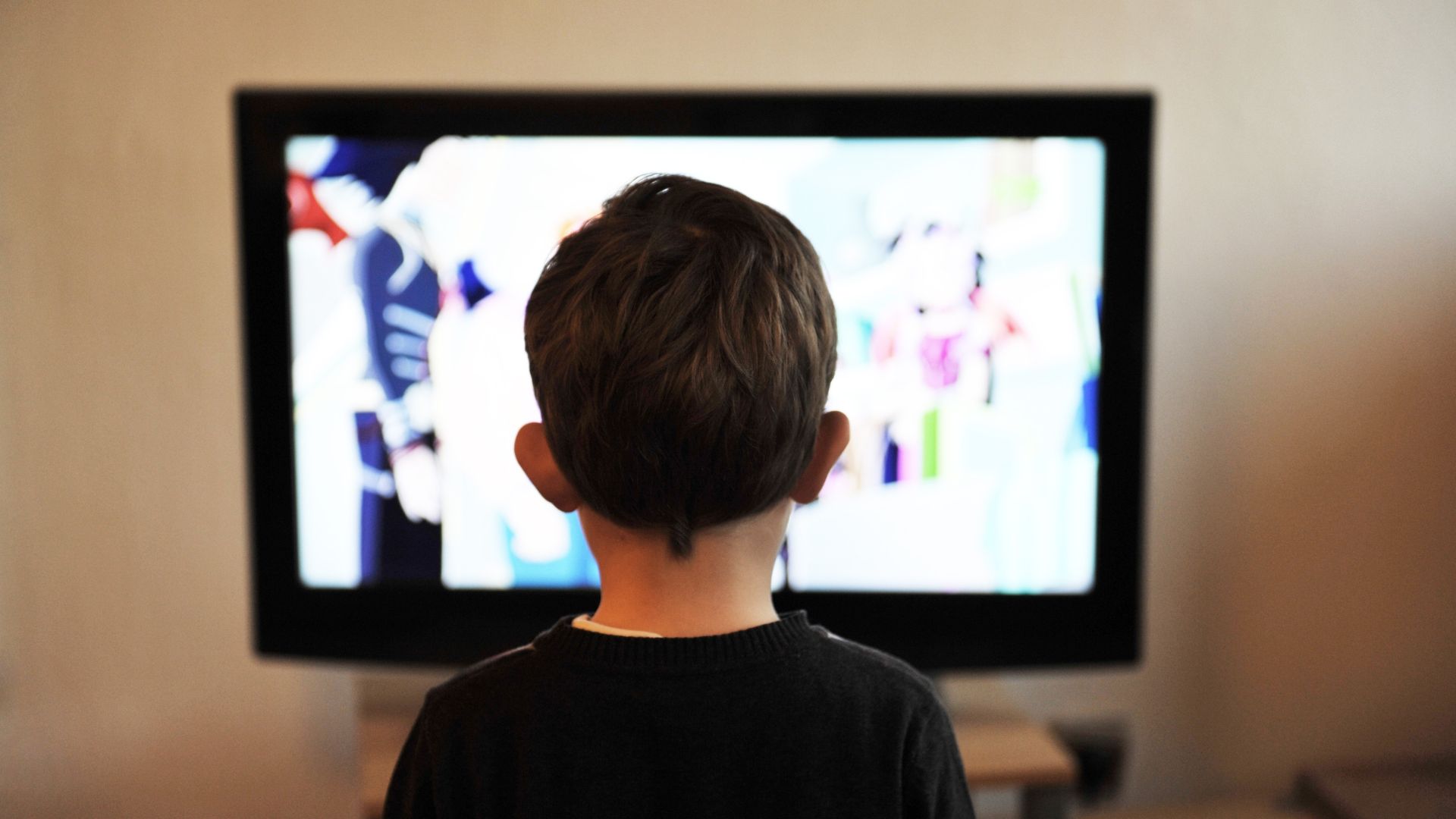Reducing our children’s screen time, ok, but how? While professionals and authorities warn about the effects of excessive exposure, we are torn between guilt and helplessness.
The Children’s Foundation has just published the 2023 barometer of digital practices and their impacts on families. This barometer reveals that while two-thirds of parents control access to screens, 40% of them also admit that their use is outside their control. For 66% of parents the recommendations are too far from reality and 64% consider them too general.
Let’s be clear, screens are not just vulgar objects, which adults consume with guilty greed. They constitute a turnkey and instantaneous relay. A rare and precious commodity in the world of parenting.
Now that we are acutely aware of the consequences of off-the-rails exposure, how can we reduce our children’s screen consumption, without consuming ourselves in the process?
First step: anticipate crisis situations
Routine AND Screen, here are two terms that a priori have little to do with each other, except that a routine can contain a screen. A bit like forest AND Basket. Especially because this comparison can correctly metaphorize what will follow.
Allison Ochs is an expert in digital citizenship and parenting. She deals with the topic in particular in a series of children’s books. We asked him what activities our children could do while we do ours:
Before asking ourselves which activity to do, we must first take a few steps back and analyze our rhythm at home. A young child, between the ages of 2 and 7, loves routine. He needs to know what will happen next: for example, he takes a nap at 1pm, has a snack at 4pm, etc.
Allison Ochs
Allison Ochs therefore proposes to exploit this operation:
I advise parents to structure their working (or resting) hours editor’s note) and see what rhythm, or routine, to implement. This allows children to orient themselves in time. For example, they will know that at a certain time they should do a quiet activity while their parents are busy.
Allison Ochs
Wouldn’t suggesting a new timetable to parents who are exhausted, on an evening in traffic, or during a day of teleworking, seem like an additional mental burden? However, we must face the reality: we are regularly at the limit. As for our children, they are almost always sick. Thinking together about an appropriate timetable that takes into account the needs of children is above all common sense, to be adapted according to your family.
Coloring, modeling clay, doing puzzles, we define a quiet activity to do during the time dedicated to work (or rest, editor’s note), for example half an hour delimited by a timer. When the alarm goes off, the quiet activity ends and we can do half an hour of things together.
Allison Ochs
Second step: let’s observe ourselves in the reflection of the turned off TV
And you, in terms of screens, how is it going? This is what I thought. Me too.
I love my computer and my phone. Not as many as my children, but many. Plus, my little ones see me every day chatting with my loved ones, laughing while watching videos and writing on the computer.
Our children grow up in an ultra-connected world; it’s not about denying it or demonizing the digital tools that make our daily lives easier. On the other hand, we can take good actions:
We must instinctively put the phone down when we are with them. Furthermore, we must not hesitate to explain what we are doing when they see us on the screens: we consult the menu, we order something, we work… This allows them to associate these devices with work tools and no distractions. And when we allow screens, we favor television so that it is the only one associated with relaxation.
Allison Ochs
And above all we exchange idealism for realism, sometimes, even with all the good will in the world, the period is not conducive to major changes:
You have to want to change the habit, I often tell parents that if they don’t have the energy to do it at that moment, it’s better to wait.
Allison Ochs
Third step: let’s stay clear
Guilt tends to make us do anything, including deciding, on a whim, to never turn on the slightest screen again before flushing the remote down the toilet. This strategy is not constructive. Especially because now it is possible to download a virtual hoe directly to your smartphone.
You have to be consistent and agree with the co-parent in advance, otherwise the children will notice. First, parents need to find common ground and know that things will get worse before they get better. At first the children will not agree, there may be some shouting. The parent must stand up and stick to their decision.
Allison Ochs
If a new habit is easily assimilated by our little ones, the adaptation period can last a week or two. This is the time to demonstrate authority, but also realism. Can we do without screens completely? Is it really necessary? What consumption would be suitable for our family?
We do not pretend to impose generic recommendations on you. Whether you want to eliminate screens or reduce their use, Allison Ochs recommends proceeding gradually:
I prefer pocket change after pocket change. If we watch television every night, for example, we can decide to watch it only every other evening and, a few months later, reduce it again… Instead of making a big change, it’s too difficult.
The ideal family activity? The one that’s right for you
Today I would like to break one of the biggest taboos of modern parenting: we can spend special time with our children, without needing to stimulate them with activities that develop their motor skills, and make us want to use ours to defend ourselves.
If you are invited to change your day or evening routine to incorporate moments in which you dedicate yourself completely to your children, these moments belong only to your family. You can spend them lying in a bed, walking around the neighborhood, or sitting on the couch while your kids run around the coffee table. Just remember to protect your environment to avoid getting up every two minutes to prevent household accidents.
Authenticity and pragmatism, is this the solution that would allow us to reduce these annoying screens?
Add Madmoizelle to your favorites on Google News so you don’t miss any of our articles!
Source: Madmoizelle
Mary Crossley is an author at “The Fashion Vibes”. She is a seasoned journalist who is dedicated to delivering the latest news to her readers. With a keen sense of what’s important, Mary covers a wide range of topics, from politics to lifestyle and everything in between.





